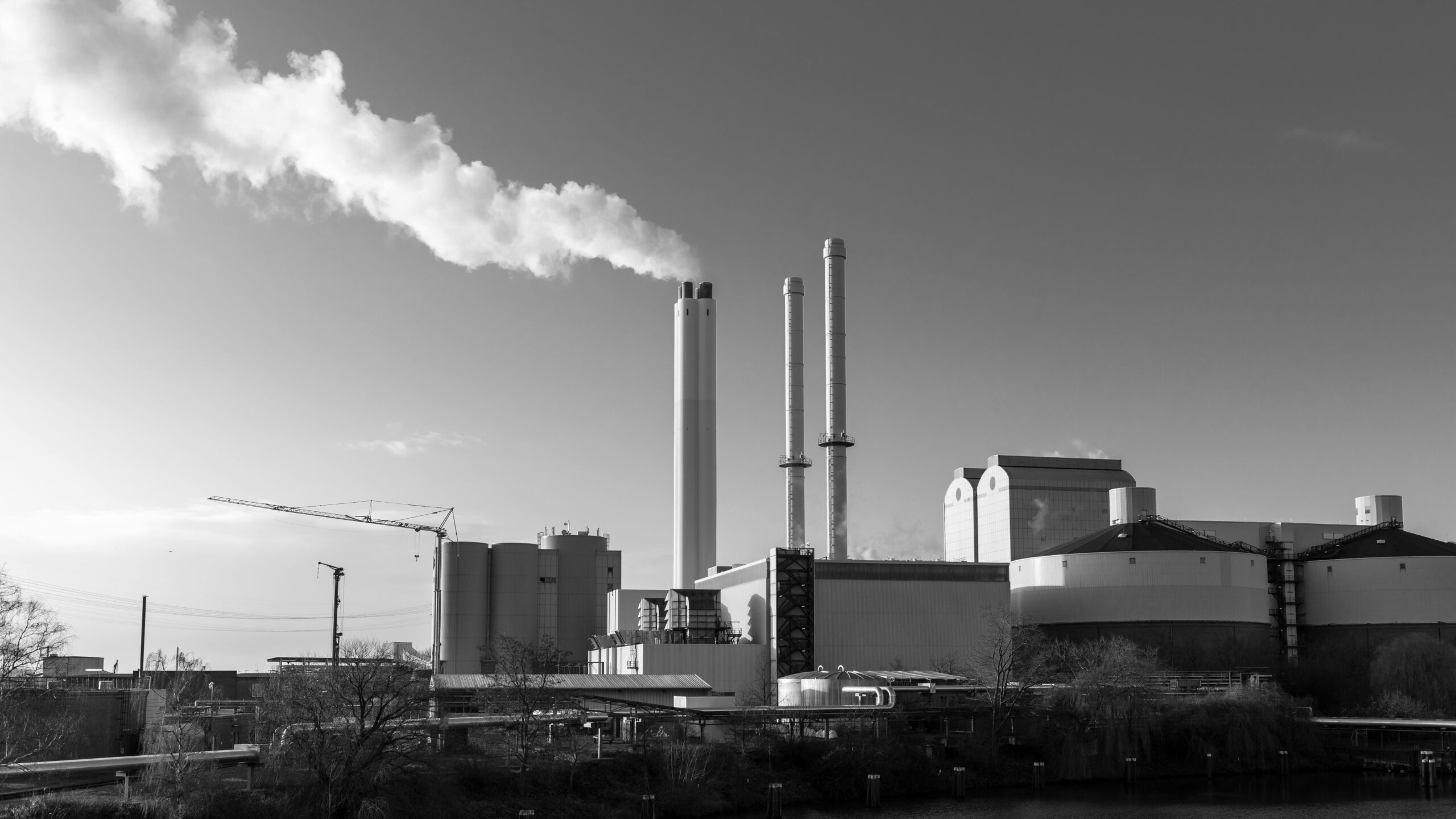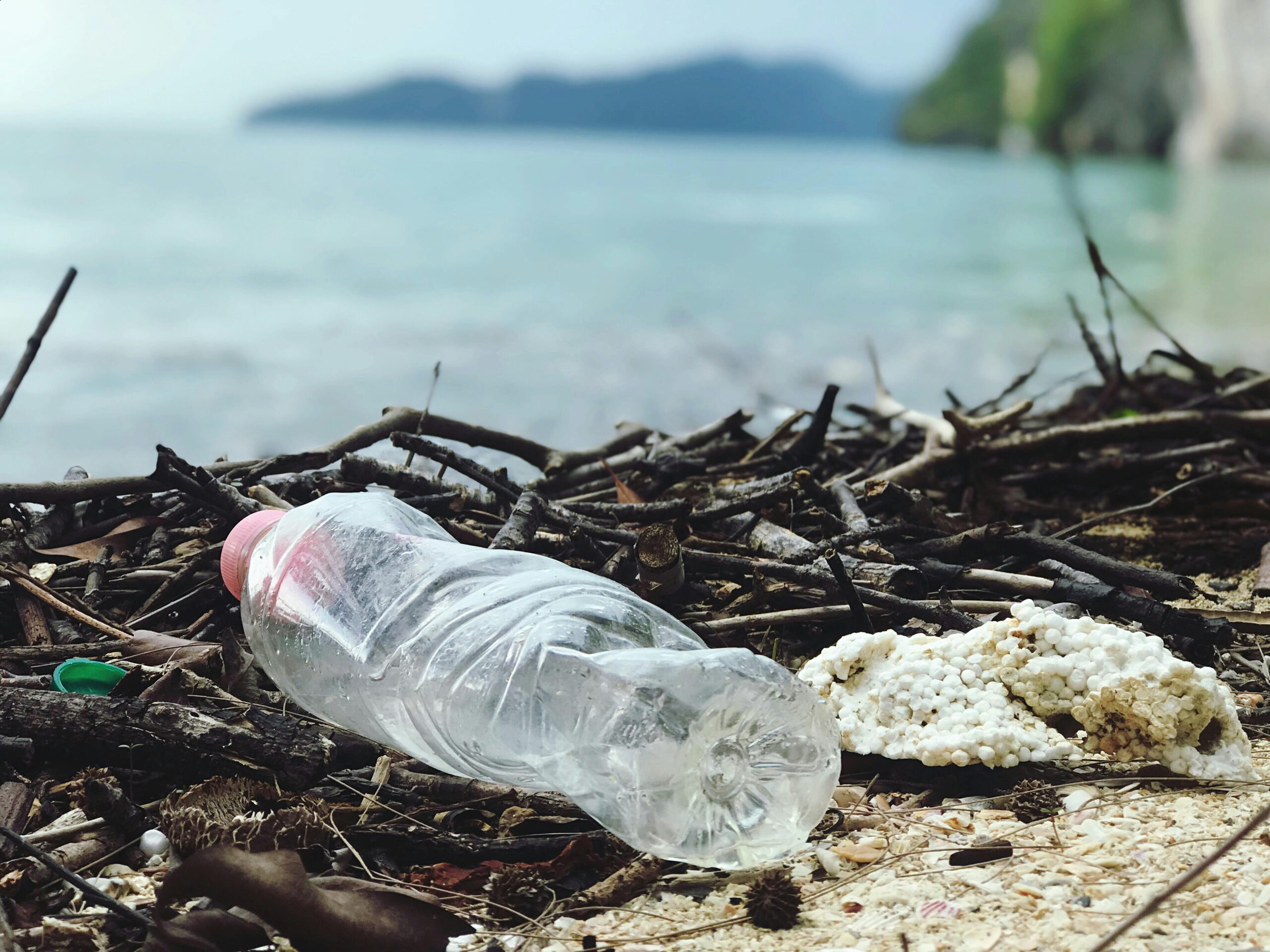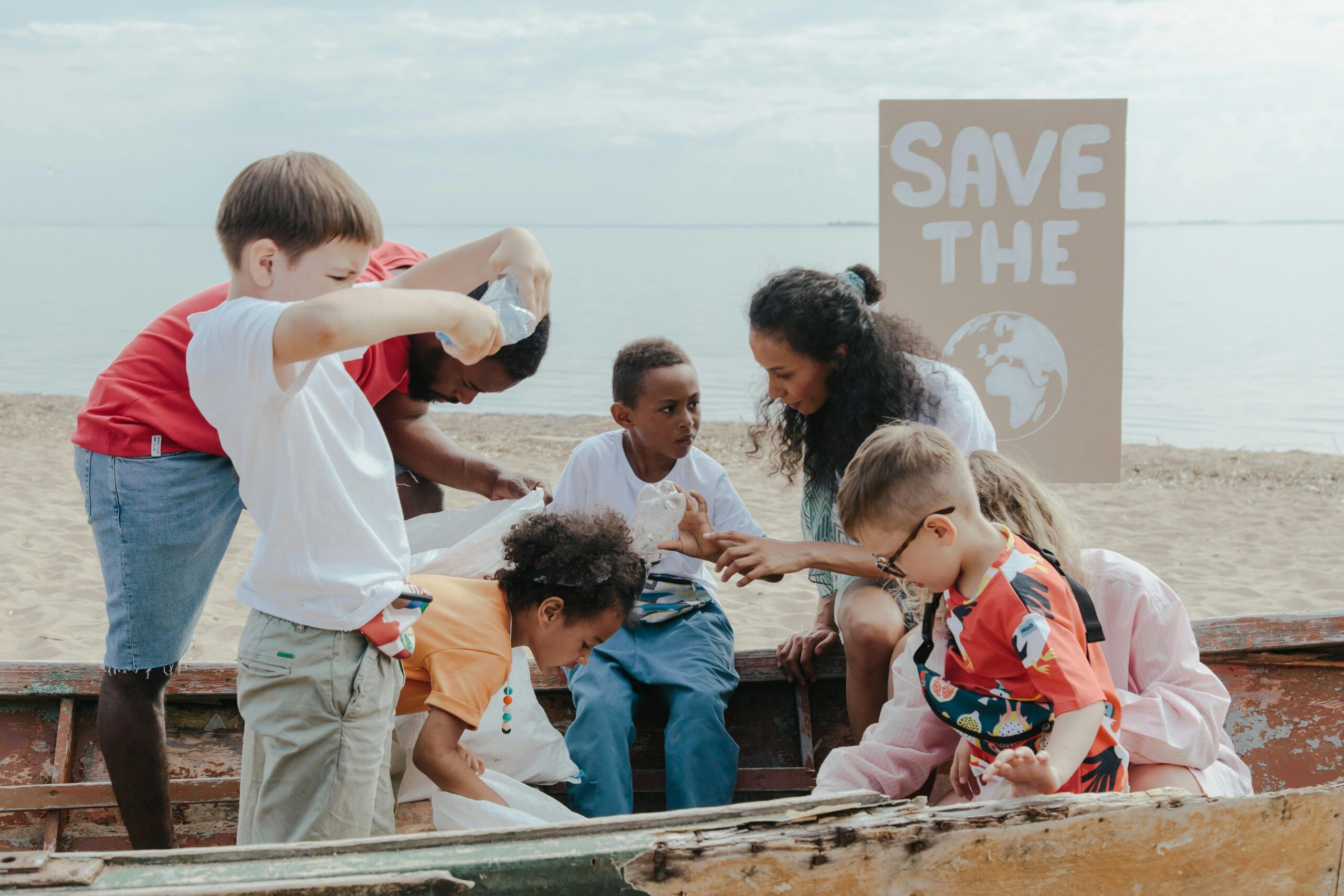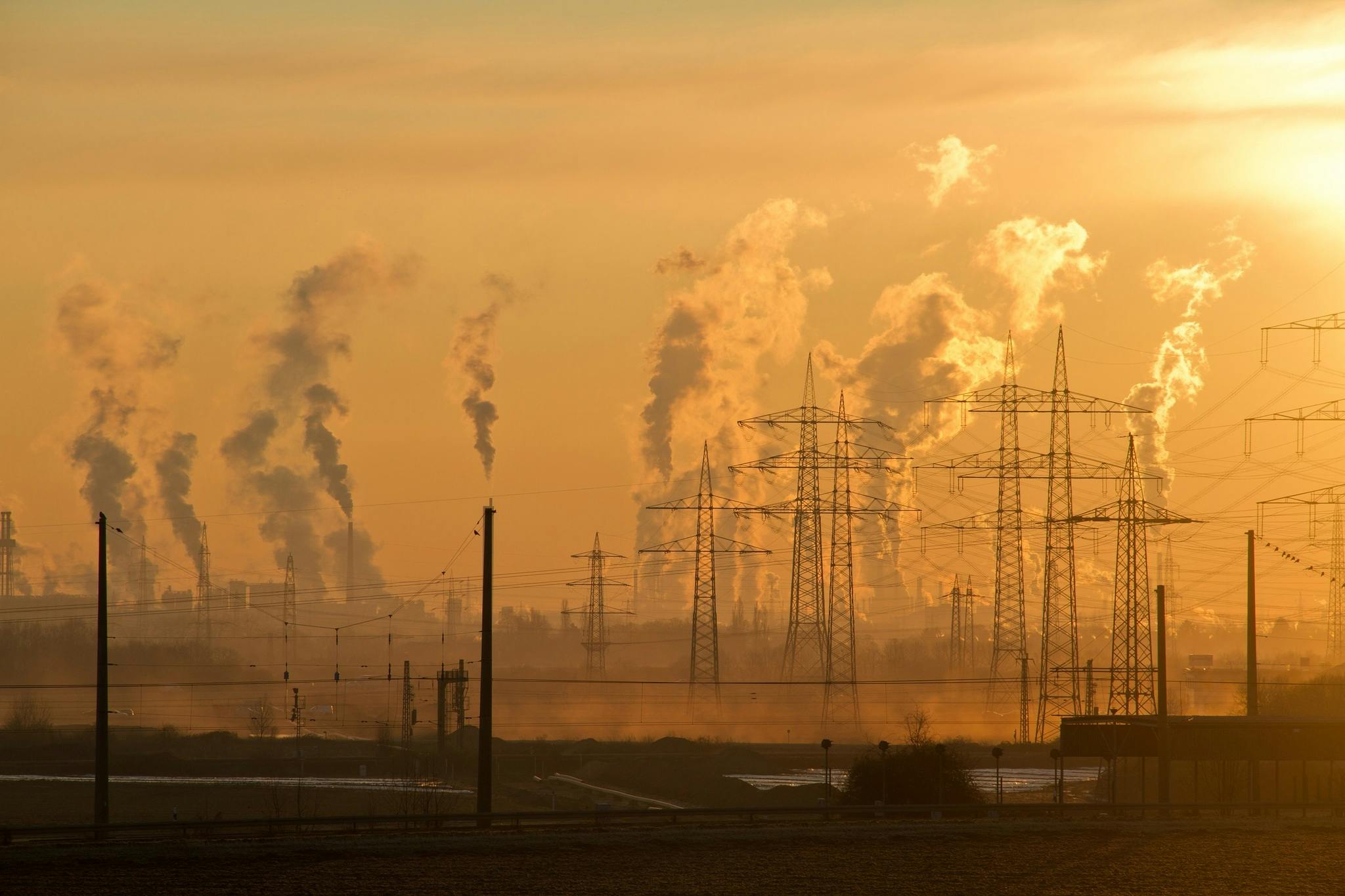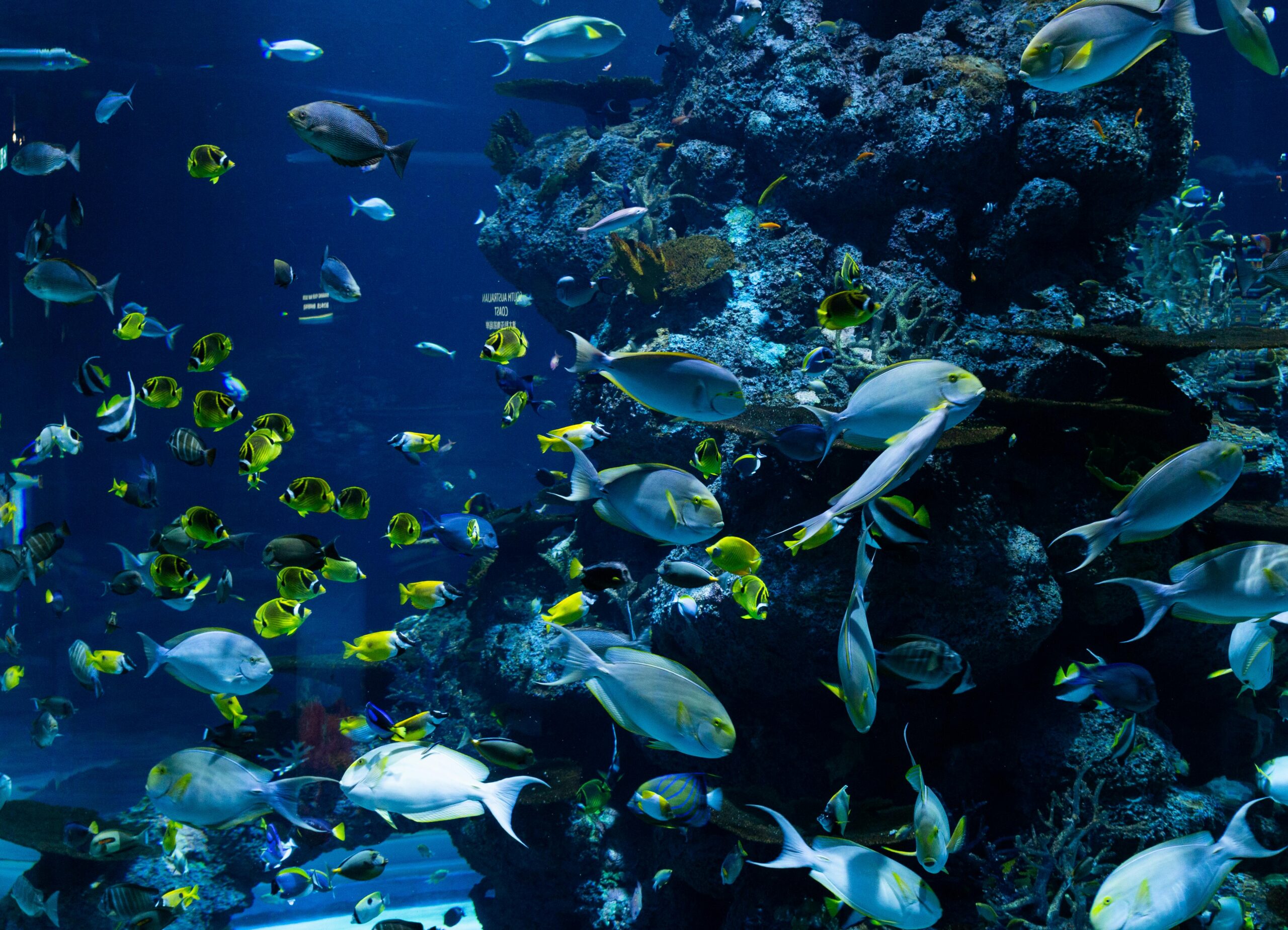Plastic is everywhere—from the convenience of single-use plastics like bottles and bags to the critical components in medical devices and technology. But did you know has a direct impact on our planet, our oceans, and even us? Understanding the facts about plastic is essential for making educated decisions and reducing our reliance on this pervasive material. These 10 fascinating yet eye-opening interesting facts about plastic will help you see why it’s time to rethink its use.
How Many of These Interesting Facts About Plastic Do You Know?
1. Plastic Takes Hundreds of Years to Break Down
Plastic doesn’t decompose like organic materials. Instead, it breaks down into tiny fragments called microplastics, which can remain in the environment for hundreds of years. For instance, a typical plastic bottle can take 450 years or more to decompose. These plastic particles don’t disappear; they persist, polluting ecosystems and entering food chains.
2. Over 300 Million Tonnes of Plastic Are Produced Every Year
Globally and according to the UN Environment Programme (UNEP),plastic production exceeds 300 million tonnes annually, and this number is rising. Alarmingly, nearly 50% of all plastic produced is designed for single use, meaning it’s discarded after just one use. These numbers highlights the growing urgency to reduce plastic waste and shift toward reusable alternatives.
3. The Great Pacific Garbage Patch Is Larger Than Some Countries
The Great Pacific Garbage Patch, a massive collection of marine debris and pieces of plastic, floats in the Pacific Ocean and is estimated to be twice the size of Texas. Much of it consists of microplastics that harm marine wildlife and ecosystems. It’s a vivid symbol of the plastic pollution problem and our need for collective action.
4. 8 Million Tonnes of Plastic Enter the Ocean Every Year
Every year and according to National Geographic, approximately 8 million tonnes of plastic enter the ocean. And this staggering amount includes plastic bags, bottles, and other waste that damage marine habitats and threaten wildlife such as turtles, fish, and birds. Efforts to stop plastic pollution at its source are critical in protecting our oceans.
5. Recycling Plastic Is Not a Complete Solution
While recycling helps reduce waste, it’s not really a perfect solution. Only 9% of all plastic waste ever produced has been recycled. Much of it ends up in landfills or the ocean, as recycling processes are limited by factors like plastic contamination and types of materials. That’s why reducing plastic use is more effective than relying on recycling alone.
6. Plastic is Made from Fossil Fuels
Did you know plastic production heavily relies on fossil fuels such as oil and natural gas? This not only contributes to plastic pollution but also drives the extraction of non-renewable resources, exacerbating climate change. Transitioning to renewable materials can significantly reduce the environmental impact.
7. Plastic Affects Human Health
Plastics aren’t just a problem for wildlife; they affect humans too. Tiny plastic particles, known as microplastics, have been found in water, food, and even the air we breathe. Scientists are still studying the long-term effects of these plastics in humans, but initial findings raise concerns about their role in disrupting hormones and impacting overall health.
8. Single-Use Plastics Are Among the Biggest Contributors to Waste
Single-use plastics like straws, cutlery, and packaging dominate landfills and litter. They’re responsible for a large portion of the millions of tonnes of plastic waste generated annually—and most of these items are not recyclable. Opting for reusable alternatives can help reduce this unnecessary waste.
9. Marine Wildlife is Severely Affected by Plastic Pollution
Plastic in the ocean entangles, chokes, and is ingested by marine wildlife. For instance, sea turtles often mistake floating plastic bags for jellyfish, while birds and fish feed on pieces of plastic, mistaking them for food. This can lead to starvation, injury, or death, disrupting ecosystems and biodiversity.
10. You Can Help Reduce Plastic Pollution
While the scale of plastic pollution may feel overwhelming, every individual can make a difference. Simple actions like refusing plastic bags, recycling conscientiously, investing in reusable bottles, and supporting brands that prioritize sustainability can collectively have a significant impact. Change starts with small, repeated efforts.
Can These Interesting Facts About Plastic Change Your Mind?
These 10 Interesting facts about plastic make one thing clear—it’s time to reduce our dependence on this material to protect the planet and ourselves. While we can’t completely avoid plastic in today’s world, we can make mindful lifestyle changes to reduce its use and advocate for systemic solutions.
Start small by saying no to single-use plastics and seeking innovative ways to minimize waste. Together, we can create a cleaner and healthier future. How will you start reducing your plastic footprint today?


